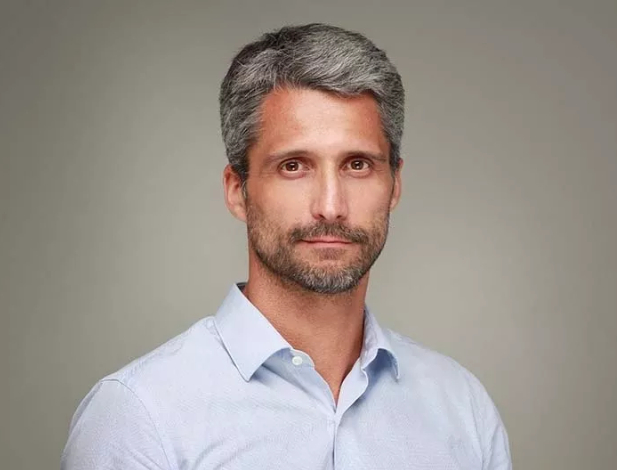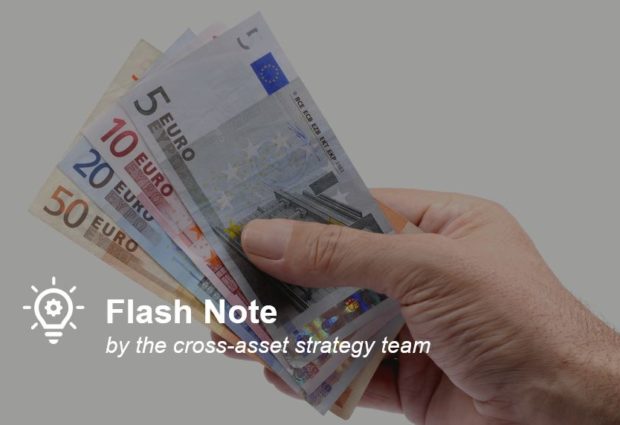Marigny Capital coming to Geneva soon.

Risk paid off very well during the crisis. Structured products on the whole benefited from advantageous remuneration terms, as well as from the market rally. A few months from the opening of Marigny Capital’s Geneva branch, here is an interview with Thomas Fonsegrive, the firm’s founder.
Did risk pay off during the first two quarters of the year? With the exception of the hardest-hit sectors, such as airlines and automakers, risk did pay off for investors who got in during March. Mathematically, when risk indicators rose, risk paid off more. Investors who were able to take on exposure when visibility was at its lowest, were doubly rewarded: 1/ products’ potential returns were greater; and 2/ the market rally helped them realise this potential very rapidly.
Products launched during the turmoil performed spectacularly.
Thomas Fonsegrive
How did equity structured products perform during the market turmoil? At first, valuations of products launched in February quickly tracked the equity markets downward. Then, once most sectors had rallied, valuations reached levels that were equivalent to, or even higher than, their February levels. Moreover, as we just noted, products launched during the turmoil performed spectacularly. In short, the asset class weathered the storm very nicely. Only instruments such as Stability Notes and Crash Puts, which came with low remunerations and a risk to capital only in the event of a market drop of more than 10% in one day, truly suffered.
In the short term, what are your views on oil? What is a good alternative to futures for investors? Given its advantageous prices vs. costlier alternative energies, oil is once again attractive for a recovering economy. We have a bias on this theme via shares in the traditional majors, which will never go below zero, unlike futures contracts! We like Total, Royal Dutch, Repsol, ENI, BP, and Chevron, as well as the Oil and Gas SXEP index, which responded well to the rally.
Which underlying assets do your clients prefer at the moment? After success with one-off opportunities on one- and two-year guaranteed-capital products and then a flight to quality via US and European government bonds, our clients now prefer a return to European equities, given the persistent uncertainty surrounding US stocks, with the exception of tech stocks. More thematically, there is also some interest in products that leverage the potential for a rally in shares that have been beaten down especially hard, such as airlines. Expected returns must be very high to recovery the initial investment.
Our Geneva office, which will meet LSFin requirements, will be up and running in the third quarter.
Thomas Fonsegrive
As the universe of structured products is very creative, has the crisis given rise to any new concepts? No, we have seen nothing revolutionary, mainly because the crisis has hit those banks hard that structured these products. In a non-modelled environment, many models turned out to be imperfect, and financial establishments have chosen to remain highly conservative. That being said, as the environment has been exceptional, we have seen the return of highly unusual conditions in products, such as coupons of as much as 40% per year or short-term guaranteed-products in Swiss francs.
Is it possible to structure “sustainable” products to meet demand for ESG investments? Yes, it’s possible, but that would require selecting an clear underlying with a visible payoff. Personally, I am wary of greenwashing and of certain ESG indices. Synthetic ESG indices are often opaque in their composition and in their expected returns. Will investors go for them? It is very hard to repackage ESG, as the product can end up being very disappointing; it will be neither a good investment, nor an effective means to help out the planet. In this area, we prefer to work with associations that plant trees or clean the oceans on the one hand, and, on the other hand, at all times offer our clients the best investment opportunities possible.
For some time now, you have been planning to set up in Switzerland. When will you be opening your Geneva subsidiary? Indeed, our office, which will meet LSFin requirements, will be up and running in the third quarter. It will bring us closer to our Swiss partners and, we hope, make us more attractive to new hires in Geneva.
– thomas_fonsegrive
Categories
Last articles
Consumers’ payment habits in Europe
The ECB conducted a study on payment habits in Europe in 2019: Study on the Payment Attitudes of Consumers (SPACE); https://www.banque-france.fr/sites/default/files/media/2021/11/25/space_2020-12.pdf. Although the covid crisis has certainly changed these habits, the analysis remains relevant to compare the differences in practices within Europe..

Robinhood – a textbook case of financial analysis
Robinhood was created in 2013 in the San Francisco area, a few miles from Stanford University. It was at this prestigious university that Vlad Tenev and Baiju Bhatt met. Their ambition was strong: to democratize the financial markets by offering easy access to all apprentice traders. Their slogan was quickly found: “Investing for Everyone”. They […]
